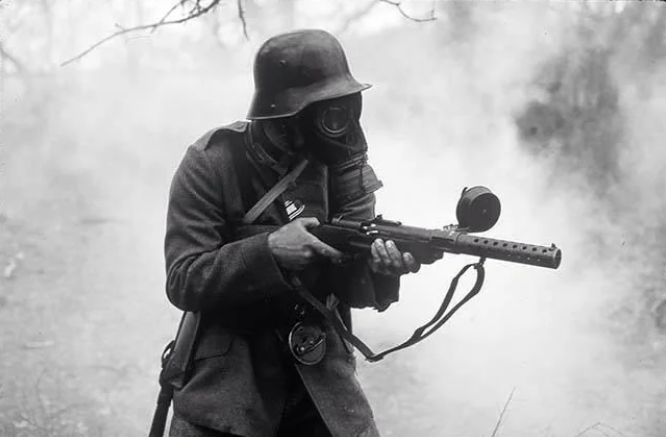The Lasting Impact of World War Events on Today’s Society

Introduction: Understanding the World Wars
The World Wars, namely World War I and World War II, significantly shaped modern history, influencing geopolitics, society, and culture globally. The lessons learned and the aftermath of these conflicts continue to resonate in contemporary discussions around peace, security, and international relations.
World War I: A Prelude to Change
World War I, also known as the Great War, erupted in 1914 after a series of political alliances, colonial tensions, and assassination of Archduke Franz Ferdinand. The war involved major global powers, divided into the Allies and Central Powers, and saw unprecedented trench warfare, leading to over 16 million deaths and numerous wounded. The consequences of this conflict included the Treaty of Versailles, which imposed severe reparations on Germany, sowing the seeds for future tensions.
World War II: A Global Cataclysm
World War II, which lasted from 1939 to 1945, arose from the unresolved issues of WWI and the rise of fascism in Europe. This war was marked by massive battles, the Holocaust, and the use of atomic bombs. Over 70 million people lost their lives, making it one of the deadliest conflicts in history. The aftermath of World War II led to the establishment of the United Nations in 1945, a pivotal move aimed at promoting peace and preventing future conflicts.
Current Relevance of World War Lessons
As we navigate through the 21st century, the lessons from both World Wars remain crucial. Current geopolitical tensions, such as those in Eastern Europe and the South China Sea, echo historical patterns and remind us of the importance of diplomacy and international cooperation. Furthermore, the impacts on national identities, racial tensions, and military strategies are integral to understanding contemporary conflicts.
Conclusion: A Call for Reflection
The historical significance of the World Wars informs our global landscape today. As we reflect on these tumultuous events, we are encouraged to promote understanding, tolerance, and peace to avoid repeating the mistakes of the past. By studying the causes and outcomes of such profound conflicts, we can work towards a more harmonious future. The urgency for dialogue, international relations, and conflict resolution techniques becomes clear as we aim to honour the memories of those who suffered and strive for a better world.
You may also like

The Life and Legacy of Freddie Scappaticci

The Cultural and Historical Significance of Poppies
